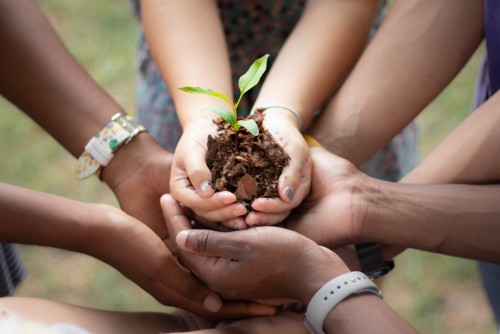Water creates paths down mountains, through creek beds, and under the ground. How do pollutants, pharmaceuticals, and pesticides end up in our water supply? Learn about natural processes and human activity that both play a role.
Why study watershed science at Sewanee?
The watershed science certificate is designed to give you a better understanding of the interactions among the physical, chemical, and biological factors that affect our watersheds and wetlands. In addition to hydrology, you’ll take watershed science courses as well as courses in disciplines like biology, forestry, geology, and environmental studies.
You’ll complete the certificate with the watershed science capstone course, a multidisciplinary, project-oriented course in which students address issues related to topic areas like the interaction of biological processes and watershed function, chemical processes in streams and watersheds and the relationship between forested landscapes and hydrologic systems.




